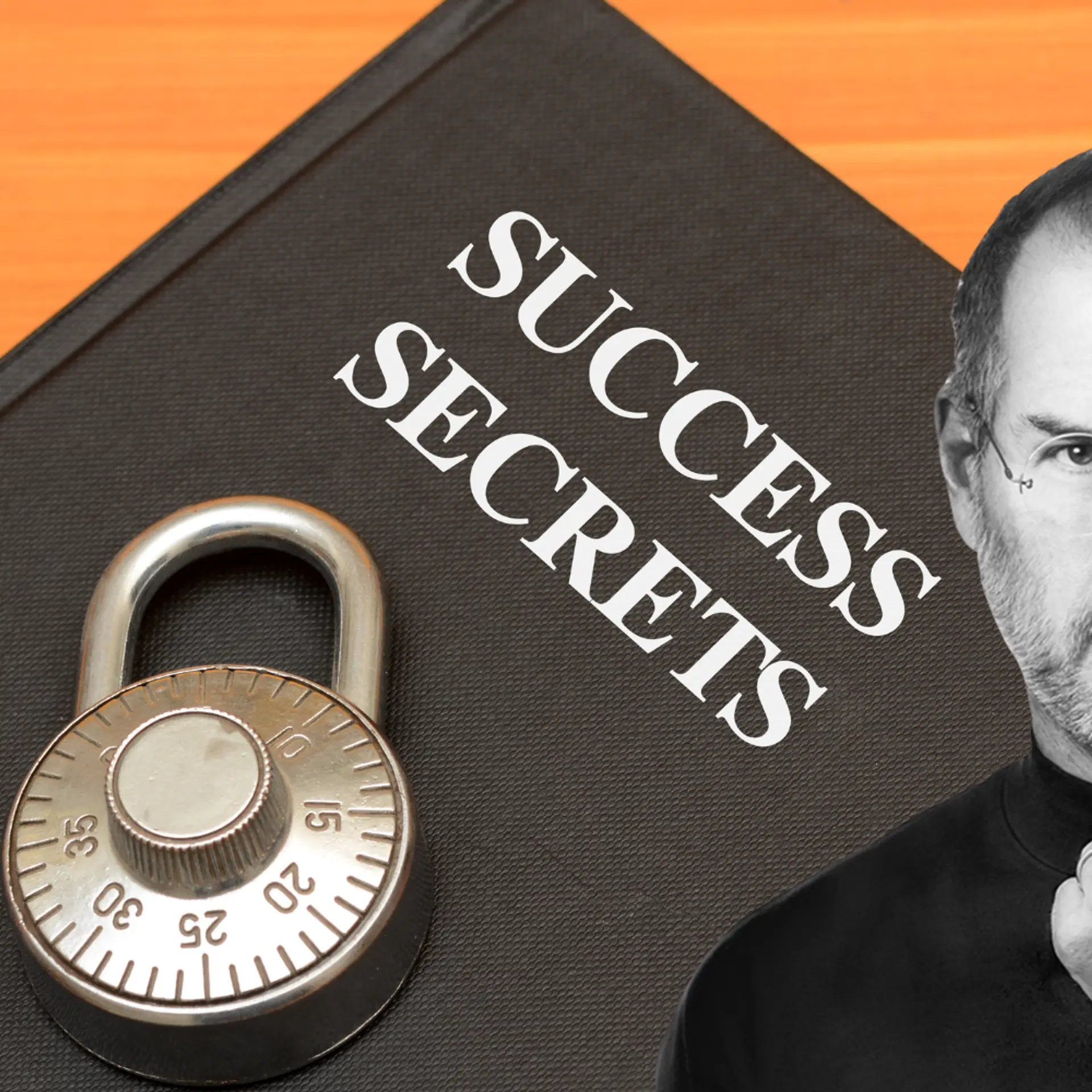Six yardsticks for success of startup founders in the post-COVID era
A step-by-step guide for startup founders to reimagine their business and emerge stronger once the pandemic is behind us.
This Covid-19 pandemic has led to both challenges and opportunities. Startups, in particular, are deeply considering strategic shifts in their business operations with the majority of founders operating with lean teams and resources.
The phrase “a new normal” to describe what lies ahead is being widely tossed around. To succeed in the post-Covid world, startups founders will have to think and act differently.

1. Do good and be the change
While raising funds and making money are essential goals for any startup, in the post-Covid world, startups will also have to think of the greater good. To do good, the outlook of startups founders will have to change.
Founders should reflect how their enterprise makes the world a better place to live.
This time around it is not only in the hands of the governments, NGOs or foundations, but also in the hands of entrepreneurs who can invent startups ideas or repurpose existing ventures to derive positive social gains alongside financial returns to achieve a better and more sustainable future for all.
On a separate note, there has also been a surge in demand in specific industries such as health and fitness, online education, entertainment, gaming, and deliveries.
Adjusting capacities temporarily to supply the essential services on subsidised rates enables startups to contribute to the community’s demand during crisis and build goodwill for the long term.
2. Less is more
In the post-Covid world, less is more. Limited resources are a breeding ground for creativity. Similarly, when a startup founder has limited capital, he/she is forced to be creative and maximise value. This is a good time to evaluate strategic partnerships to collaborate to build products, offer services to new segments and rethink marketing.
Basically, leaner organisations will have a better chance of long term success. Additionally, startups can seek support of external enablers such as incubators and accelerators to boost growth. Such ecosystems function to benefit startups, giving them access to industry-specific insiders and resources to boost growth in the right direction.
3. Work on mental health and emotional intelligence
Working towards one's mental health is as an essential activity as eating, sleeping, and exercising. Now more than ever, it is critical for founders to invest time and resources towards their own and their team’s mental health.
The current scenario, coupled with the fast-paced life of an entrepreneur can take a toll on even the most resilient people. It is essential to spend some time on self-care activities such as meditation, journaling, relaxation, etc. to maintain a positive mindset.
A proven way to maintain one's mental balance is by cultivating emotional intelligence (EQ). People with a high EQ have a reservoir of mental energy they can draw upon, which prevents them from feeling overwhelmed. They feel happier which helps in proper balance in other aspects of life as well -- family and friends, personal development, and fun and recreation.
Being part of a supportive community like an incubator or accelerator also makes a difference as being peers going through similar challenges and getting mentored helps to boost morale. By focusing attention towards mental health in their routines, founders take a leap of faith to increase productivity and efficiency for themselves and their teams, opening up a wider space to thrive.
4. Manage burn
The lockdown has taught the world that at least half the money we spend is on stuff we may not require. Curveballs like the ongoing pandemic are good opportunities to take a step back and re-evaluate one’s resources. Startup founders need to reorient themselves by resetting their cost base to avoid cash burn as much as possible.
Times such as this are essential to press pause and check one’s runway, correct unnecessary expenditures, renegotiate everything and anything, and focus on the core of one’s business. Instead of thinking solely about raising funding, one will have to return to the basics and think about making actual money from value added to customers as opposed to raising money on the basis of bloated valuations.
While stories about how much funding a startup recently raised make for compelling news, to succeed in the post-Covid world, founders will have to think about making their organisation profitable quickly.
It is essential for startup founders to focus on cashflow-based planning and look at bank statements on a day-to-day basis, ensuring that targeted revenue-generating activities take priority.
5. Keep users close constantly
Customer lifestyles are experiencing some of the biggest changes in history. While it is a universal fact that the customer is royalty, startup founders need to be in constant touch with their users to reimagine the relationship with them constantly in keeping with changing needs.
In order to truly revolutionise traditional forms of consumer services, startups have to constantly optimise, personalise and also humanise the offerings with the norm of getting anything, anywhere, anytime on-demand.
By building for agility and innovation, and by giving the power to customers to either start or stop a service, and simplifying the fulfillment of their needs, startups will be able to serve them better than ever before. While keeping watch on thousands of customers is no mean feat, there are several tools to help startups keep a close watch on customers.
6. Build niche, serve global
For startups that have a good product, the world is their oyster. As the world becomes more interconnected, startups will have to implement plans that allow for global outreach.
At the same time, founders should not spread themselves too thin by focusing on multiple niches. Remaining true to their business, founders should boost and enable their core competencies, while building for the global market.
People are turning to the web to look for “the best” product or service in more niche categories.
For instance, when given a choice, a customer would more likely go for a brand positioning as “work from home tables” as opposed to “office furniture” while looking for home furniture to work during the pandemic. This highlights the importance of building and branding niche segments to win big and quick, in attainable markets.
While the epidemic will pass, its after-effects are expected to linger. As agile founders, this is the right time to look back, unlearn, reset to re-evaluate and plan for an ever-evolving customer base and change the world for better.
(Disclaimer: The views and opinions expressed in this article are those of the author and do not necessarily reflect the views of YourStory.)









